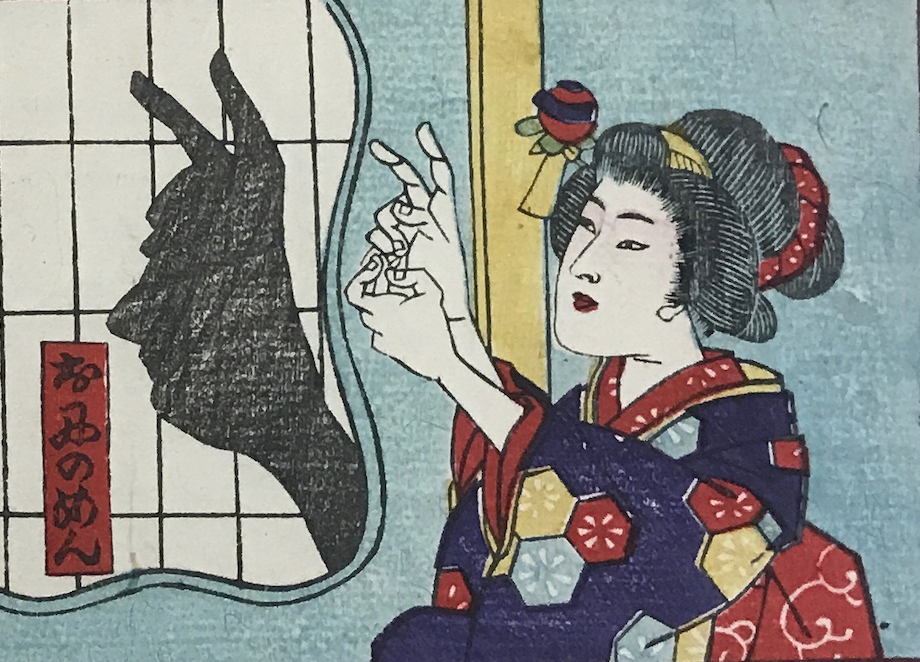REGISTER TO ATTEND
Converging Histories: Magic Lanterns, Kamishibai, and Shadow Play in Japan
Japan is not known for having developed a distinct or robust tradition of shadow theater, unlike Indonesia, Cambodia, or China. In this presentation, however, I argue that Japan has been just as obsessed with light and shadow, but in a way that emphasizes convergence rather than purity of form. In Multimedia Histories: From the Magic Lantern to the Internet, James Lyons and John Plunkett (2007) write that “Along with ‘interactivity,’ ‘convergence’ is probably the other term most often used to characterize the impact of digital media…In contemporary media practice, ‘convergence’ stands for the dominance of fusion and transferability between different forms…we are in an era in which media are always used in relation to each other” (xxii). Although this may seem like a new phenomenon, the interwoven histories of shadow theater, kamishibai (paper theater), magic lanterns, and cinema in Japan demonstrate that the interactivity and convergence we see today in media is anything but new. Examining the transferability between different forms allows us to detect traces of shadow play across all of these formats, even in a culture not formally recognized for a distinct tradition of shadow theater.
Tara McGowan is a Japan scholar and frequent consultant for the Japanese collection in the Cotsen Children’s Library in the Rare Books and Services division at Princeton University. She is a graduate of Princeton University and received her PhD in language and literacy from the University of Pennsylvania in 2012. She creates and performs kamishibai (Japanese Paper Theater) and has published two books on the subject: The Kamishibai Classroom: Engaging Multiple Literacies through the Art of ‘Paper Theater’ (2010) and Performing Kamishibai: An Emerging New Literacy for a Global Audience (2015).
